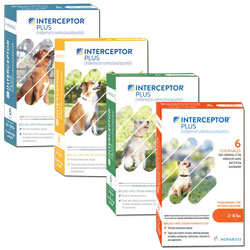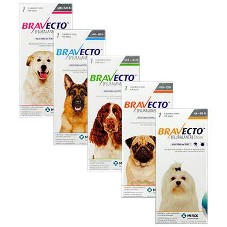|
|
|
|
wsp_rte_replace_marker?

|
General Care for Dogs Nutrition A balanced diet is essential for a dog’s overall health. Make sure to feed high-quality food appropriate for your dog's age, size, and breed. Regular physical activity is essential to keep your dog fit and mentally stimulated. Different breeds have different activity levels, so tailor the exercise plan to your dog’s energy level. Routine Exams Dogs should have annual or bi-annual vet checkups to ensure they stay healthy. Regular exams allow early detection of health issues such as heart disease, kidney problems, and cancers. Vaccines protect dogs from dangerous diseases. Core vaccines include: Rabies, Distemper, Adenovirus, Parvovirus, Parainfluenza, Leptospirosis Ensure your dog is protected from fleas, ticks, heartworms, and intestinal parasites. Regular tests and treatments for external and internal parasites are crucial. - You can request preventatives from us!
Regular grooming is essential for keeping your dog clean and healthy. Some dogs need frequent brushing, while others only need occasional grooming. Some dogs are prone to ear infections, especially breeds with floppy ears. Clean their ears regularly and check for signs of infection like odor, redness, or discharge. Brushing Teeth Regular dental care is important for dogs to prevent gum disease, tooth decay, and bad breath. Use dog-safe toothpaste and brushes when brushing their teeth. Provide dental chews and toys that can help keep their teeth clean and their gums healthy. Common Dog Health Issues 1. Obesity Obesity is a major health concern for dogs, leading to heart disease, diabetes, and joint problems. Dogs may develop allergies, flea infestations, or infections that affect their skin. Symptoms include itching, redness, hair loss, or sores. Joint problems like arthritis are common, especially in older dogs or larger breeds. Dogs can develop allergies to food, pollen, or environmental factors. Heart disease in dogs can be inherited or age-related. Symptoms include coughing, difficulty breathing, and lethargy. If you need to schedule a consultation or have questions about your dog's health, don’t hesitate to contact us. Our expert veterinary team is here to support the well-being of your beloved pet. Our staff will gladly speak to you about which vaccines and preventatives would be appropriate for your dog based on his/her lifestyle and exposure. |


